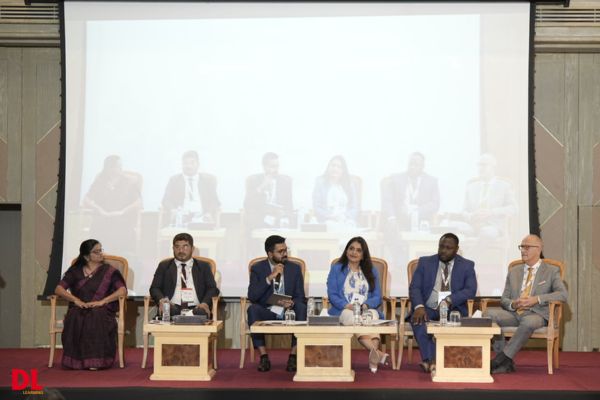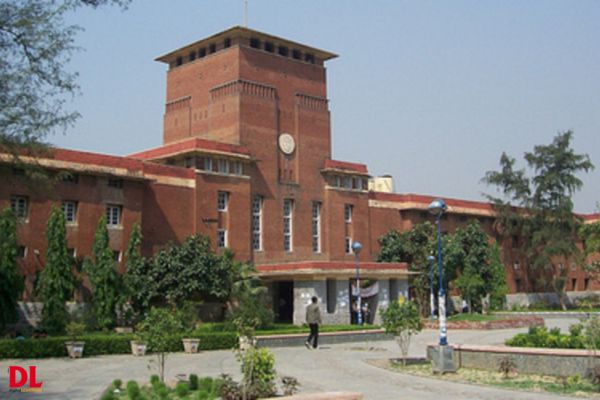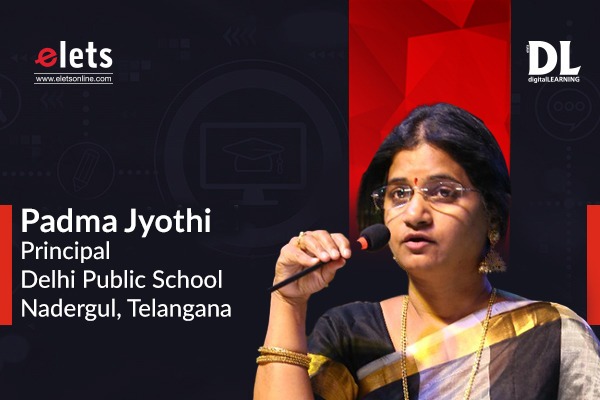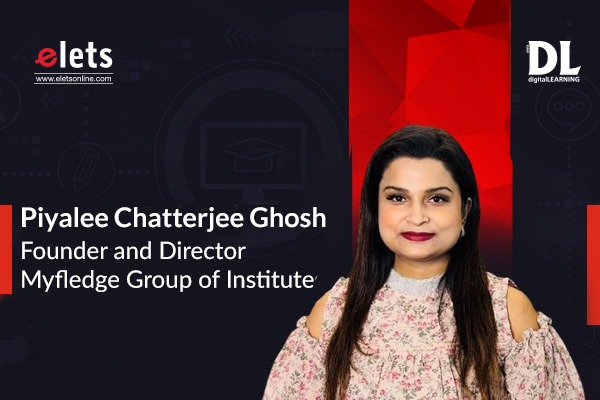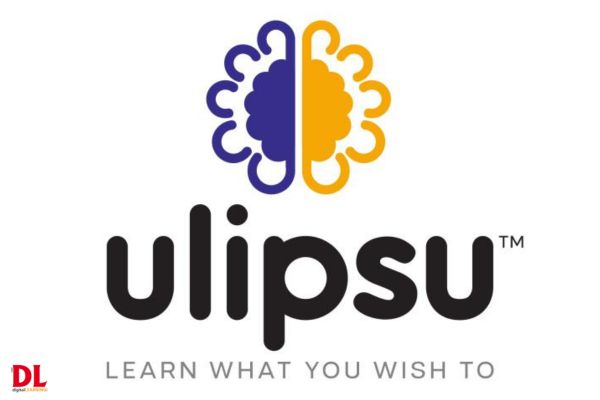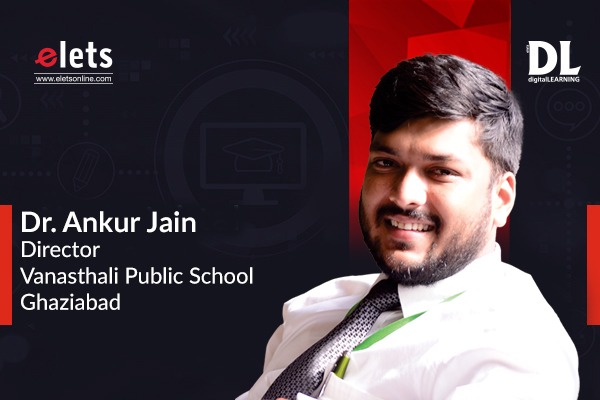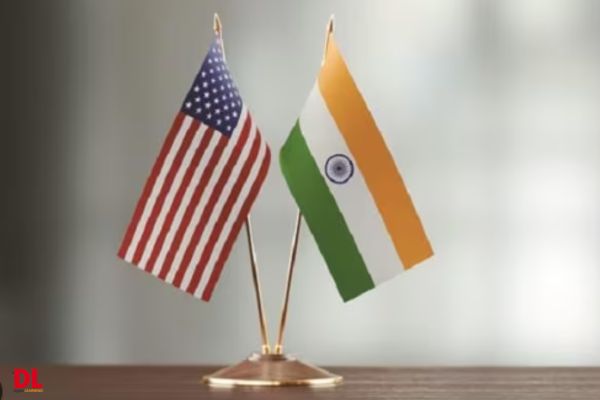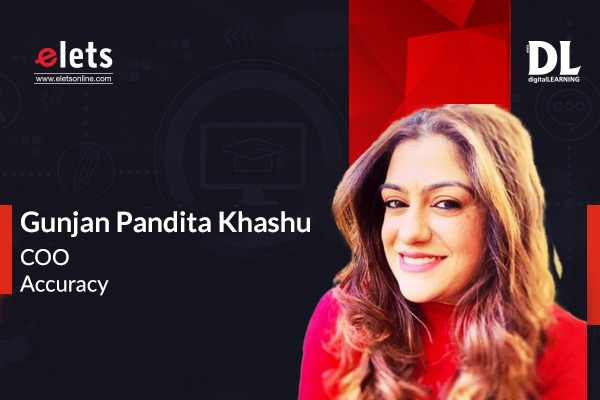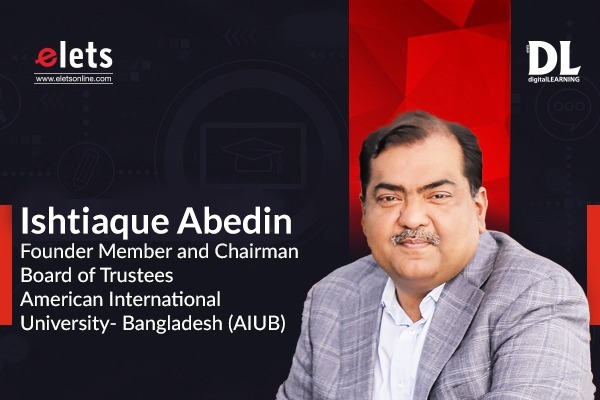In today’s rapidly evolving world, where industries are constantly advancing and technology is transforming various sectors, the need for a skilled and adaptable workforce has become more critical than ever. In this context, vocational and technical education emerges as the need of the hour. Strengthening vocational and technical education is essential to bridge the gap between education and industry, providing individuals with practical skills and knowledge that align with the demands of the job market. By equipping students with industry-relevant skills and preparing them for real-world challenges, we can empower them to thrive in their careers and contribute to the overall socio-economic growth of the nation. A panel of experts discussed this topic at the 25th Elets World Education Summit in Dubai. Edited excerpts:
Vrushali Mhatre, Program Director of Studies, Heriot-Watt University, Dubai, UAE shared, “There exists a gap between education and the industry. How can we bridge this gap and make our education system produce graduates who are more industry-ready? This challenge is significant because relying solely on theoretical and bookish knowledge is no longer effective. Employers nowadays expect graduates to be ready to contribute from day one, without requiring extensive training. I believe both academia and the industry share the responsibility to address this issue.”
“We need a collaborative approach where academia and the industry work hand in hand. The industry should actively participate by offering internships, organizing field visits, providing guest lectures, conducting workshops, and even serving as jurors to evaluate student work and offer advice. This connection between academia and the industry is crucial, as we are training graduates who will eventually become their industry colleagues. Therefore, we should invite industry partners to join us as advisors, guiding us on incorporating relevant curriculum content and teaching methods that will equip students to enter the workforce seamlessly. It is essential for academia and the industry to establish a strong partnership to ensure the preparedness of graduates for real-world employment”, she added further.
Peter Mugambi, Senior Lecturer, University of Bolton City, Ras Al Khaimah, UAE shared, “It is intriguing to contemplate the notion of enhancing the appeal of vocational qualifications. Even individuals who possess the necessary qualifications to pursue vocational education often choose not to due to the prevailing stigma. Consequently, significant efforts must be made to ensure that vocational education regains its rightful place as a valuable custodian of the factors of production. Furthermore, the economic impact of vocational education cannot be ignored, as it permeates various aspects of the economy. Therefore, it is imperative to address the current lack of allure associated with vocational education.”
“Academic institutions play a pivotal role in this endeavor by updating and aligning their content to make vocational qualifications more inclusive and appealing. Academic education, being a dynamic sector, should actively engage in bridging the gap and fostering a sense of belonging for individuals with vocational qualifications. It is essential for academia to share responsibility and collaborate with vocational education to mitigate the negative effects caused by the push towards internships and new skills that were previously non-existent. This broad topic requires thoughtful consideration and collaborative efforts from both vocational and academic education sectors”, she further added.
Wiktor Patena, Acting Executive Dean, Higher Colleges of Technology, Abu Dhabi, UAE shared, “The recent trend in education is focused on making it more practical and utilitarian, with a strong emphasis on establishing close ties with the industry and ensuring students’ employability. This objective is currently the primary target for educational institutions. Like many business schools, we have traditionally involved industry advisory committees to endorse our programs and recommend changes in the curriculum. We also organize professional development activities where industry experts are invited to share their knowledge and experiences.”
“To stay updated with the latest trends and industry demands, we have implemented a new project called IDC (Industry-Driven Curriculum). Under this initiative, faculty members collaborate with industry groups to develop and update specific courses. We select five courses per year to ensure they remain relevant and aligned with industry needs. Additionally, we are currently placing significant emphasis on apprenticeships, which is a topic of intense discussion within our institution”
“Our goal is to integrate apprenticeships into the curriculum, replacing the current eight-week internships with a one-year apprenticeship program. This change is significant because apprenticeships offer numerous benefits. Students are paid during their apprenticeship and gain invaluable on-the-job experience while being mentored by industry professionals. They become immersed in the work environment, establishing strong connections with the industry.”
“While we are actively promoting vocational education and practical skills, it is important to play the devil’s advocate and consider a broader perspective. Statistically, individuals tend to change careers multiple times in their lifetime, with the average expected to increase from seven to nine changes. Moreover, 35% of people between the ages of 25 and 45 plan to switch careers, not just jobs. Therefore, solely focusing on vocational education may be myopic and short-sighted”, he added.
“We need to acknowledge the importance of core skills, often referred to as “soft skills.” These include creative thinking, problem-solving, communication, and teamwork, which are essential for adapting to career changes. Technical skills alone may not suffice when transitioning to a new field. While we support early employment opportunities for students, we should not overlook the development of core skills, ensuring individuals are prepared for future changes. The next generation is likely to change not only jobs but careers numerous times throughout their lives”, he concluded.
Dr. Amita Mahor, Director, Oriental College of Technology, Bhopal, India shared, “When considering the Indian scenario and the term “vocational education” itself, it is self-explanatory. However, within Indian society, this term has been perceived differently. The regular education system in India follows a sequence starting from primary education, followed by secondary education, higher secondary education, and then graduation and post-graduation levels. Within this system, vocational education is often overlooked and not given much importance.”
“In the past five years, regulatory bodies, especially in technical education such as AICTE, have given due attention to vocational education. Consequently, the perception of society has also shifted towards recognizing the importance of vocational education. Slowly, vocational education is being integrated into the regular education system. One notable initiative by the AICTE is the KARMAS scheme, which aims to incorporate vocational education into engineering programs.”
“Everyone understands the significance of vocational education in developing an effective skill force. Previously, vocational training and regular education were considered separate entities. However, due to changing societal perspectives, vocational education is now being integrated into the regular education system. Despite this progress, the lack of qualified faculty remains a challenge. Finding faculty members with the necessary skill sets, especially globally competent faculty, has become an issue for colleges”, he added.
“In my opinion, vocational education should be an integral part of technical education in order to bridge the gap between education and industry. By making vocational education an integral component of our general education system, we can effectively bridge the divide between industry and academia. This integration is crucial for addressing the gap and ensuring that students are equipped with the necessary skills demanded by the industry. The integration of vocational education into our general education system is the key to bridging the gap between industry and academia”, she concluded.






